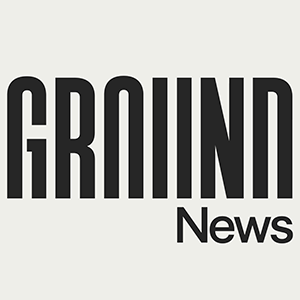I do not trust anything with a political slant from mainstream social media (Facebook, Twitter, TikTok, YouTube). Algorithm based, people claiming to be experts who really are not and then the deliberate misinformation spread by bad actors (governmental, corporate and ideological). I say this with confidence, as my work in the software engineering (and media) industry has allowed me to see that this is undisputedly true.
Mainstream media I would be selective. The reporting of a large event by something like the BBC I’d listen to, for example ‘The Queen as died’ or ‘Russia invaded Ukraine’. Objective events. Vox pops from someone in Blackpool town centre on a Tuesday morning, about an issue they have no understanding of, I do not listen to.
MSM, especially since Covid, has become entirely addicted to the 24/7 doom cycle. It’s in their interests to get ‘engagement’ at the cost of anything else, really. Rage bait, general clickbait, posting tweets from random people and pretending that’s journalism… it’s all gone utterly to pot. Again, my professional experience has really highlighted this for me, perhaps moreso than those outside of the industry.
Financial Times seemed reasonable, though expensive so I only kept that going for the discounted period of a few months. I hear similar comments regarding The Economist.
Any news org with a strong political bias (GB News, Daily Mail, The Guardian) I will just outright not listen to. I don’t care if they are occasionally correct, the very fact they muddy the waters in the first place means their integrity is compromised.
I’ve generally decided that I cannot do a single thing about Gaza, the US government, or any of the other million things that it seems society deems us all to need to have an opinion on. So I don’t read about it or listen to it. I trust expert diplomats, academics and scientists to deal with it as they know far more than me and it is their job to do so.
Long form discussions or literature from people with actual, relevant qualifications on the subject matter can be good. I do think that I am more skeptical of those who argue against strong scientific consensus on some topics, especially when those arguments may also ‘coincidentally’ serve nefarious interests. Peer reviewed literature from reputable academic sources is always far more preferable to me than other formats.
There is The Sunday Long Read, and Delayed Gratification, both of which are after-the-fact longer form journalism. It’s quite nice to read about things once the facts are known and with the benefit of hindsight, rather than just trying to pick out the fact from opinion as events unfold. Why do we *need* to get the ‘breaking’ news, anyway? What benefit does it provide us 99.999% of the time?
I am sure I have my own biases just like anyone else, so whilst I try to be fair and objective the reality is that I can only try my best. The truth is, given the huge amount of disinformation out there, it’s incredibly hard to trust any organisations or mediums of communication… which I suppose is the point of disinformation.

